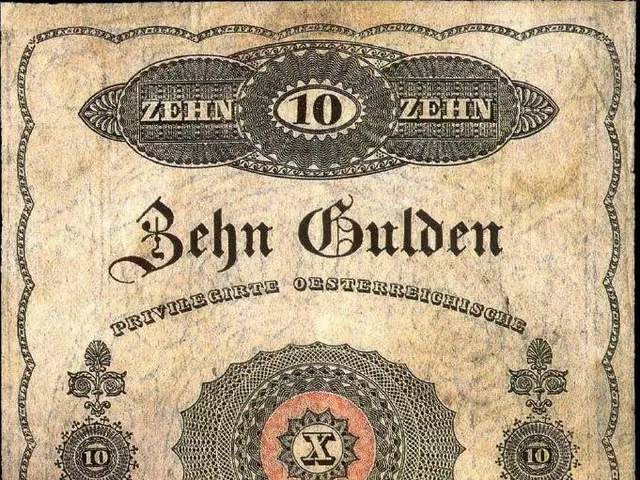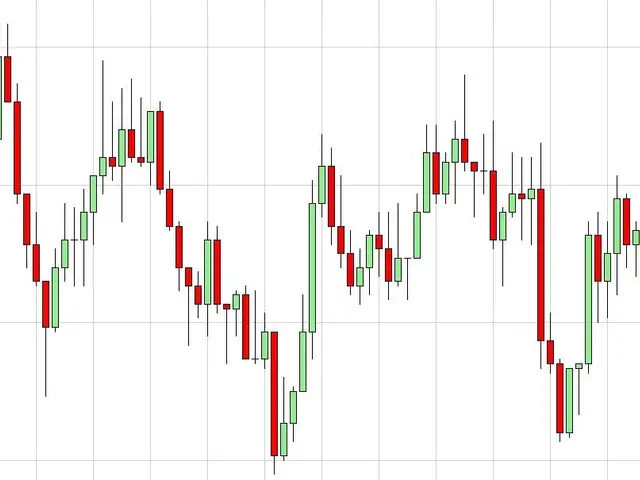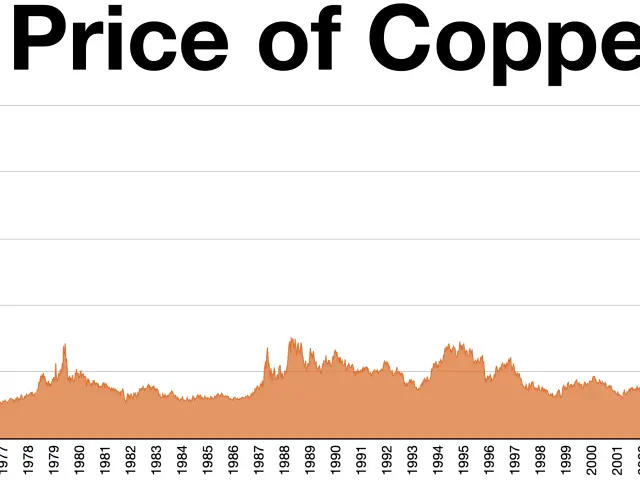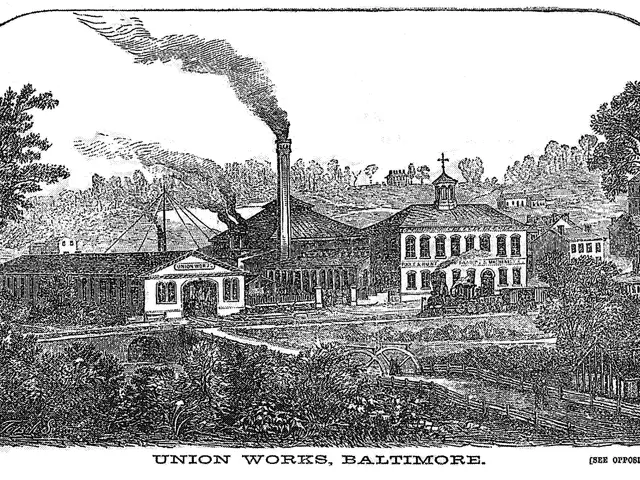Former Chancellor Angela Merkel's Financial Assets Examined Closely
Germany's Former Chancellor Angela Merkel's Financial Legacy
Angela Merkel's political journey commenced in the Christian Democratic Union (CDU), swiftly ascending to the CDU chair in 2000. Her relentless climb culminated in her appointment as Federal Chancellor in 2005, a position she held for eighteen years until her retirement in 2021. During her tenure, Merkel shaped significant political landscapes in Germany and Europe. Beyond her Chancellor salary, Merkel also benefited from parliamentary stipends, contributing to her wealth. With her departure from office, speculation regarding her pension and financial security has mounted. Though precise details of Merkel's wealth remain undisclosed, her influence on modern politics, particularly through the CDU, remains undeniable.
Detailed Examination of Merkel's Wealth
Merkel's wealth can be attributed primarily to her extensive political career, spanning nearly two decades as the first woman to serve as Federal Chancellor. Her monthly Chancellor salary amounted to €24,976.58, providing an annual income of €426,864.36. Additional allowances and supplements augmented her annual income to roughly €350,000. As of January 2021, her wealth was estimated to be between €3 million and €4 million. By 2025, it is expected that her wealth may increase to €5 million. This income precipitated by her political career establishes Merkel as one of Europe's most prominent politicians.
Angela Merkel's Income and Impact
As Germany's Chancellor, Merkel's principal source of income was her annual salary, determined by the Federal Minister Law. Additionally, she benefited from honoraria earned through speeches and book publications. Post-Chancellorship, Merkel embarked on numerous commitments that significantly bolstered her income. Her wealth encompasses more than cash assets, including real estate and other investments, which have incrementally grown over years of political responsibility. The combination of her Chancellor salary, speech and publication honoraria, and pension claims ensures the continued growth of the Merkel fortune even after her tenure.
Wealth Formation and Societal Prosperity
Merkel's years as a Chancellor exerted profound effects on wealth creation and prosperity in Germany. As an estimated multimillionaire, consisting of various asset categories, Merkel's wealth position far exceeds the average citizen. Experts argue that Merkel's salary, allowances as a Member of the Bundestag, and functions as a Federal Minister have played a significant role in improving her financial condition. Besides her income, she also stands to benefit from future pension payments and pension claims. The expanse between political income and societal well-being is a critical social inequality issue, addressed through recommendations advocating for a fairer wealth distribution, and ensuring population prosperity as late as 2024.
Additional Reads
- Harry Styles' Net Worth: Unveiling the Superstar's Fortune
- Reezy's 2024 Net Worth: A Look into His Income and Success!
- Mark Mateschitz's Net Worth: Insights into the Red Bull Founder's Wealth
- Angela Merkel's wealth, estimated to be between €3 million and €4 million, is attributed primarily to her long political career, much like Mark Mateschitz's fortune derived from Red Bull.
- In the realm of business, Merkel's financial acumen mirrors that of successful leaders, leveraging her Chancellor salary, allowances, and other assets to accumulate wealth.
- The surge in Merkel's wealth since her German Chancellorship has sparked discussions about diversity and inclusion in leadership roles, emphasizing the importance of women in policy-and-legislation and wealth-management.
- As a prominent politician, Angela Merkel's career extends beyond her economic standing, influencing general-news, including financial domestic and international policy, and careers related to leadership and personal-finance.
- With speculation surrounding Angela Merkel's pension and future prospects, the inquiry into her wealth invites an examination of the broader societal implications, particularly in addressing policy-and-legislation on wealth distribution and promoting financial prosperity for all citizens by 2024.





